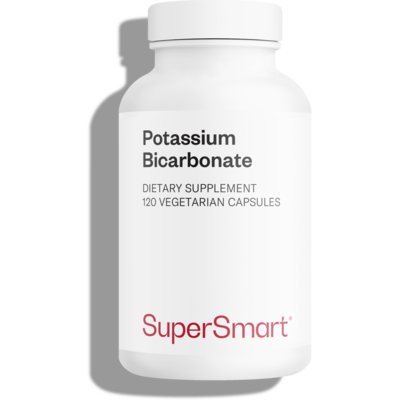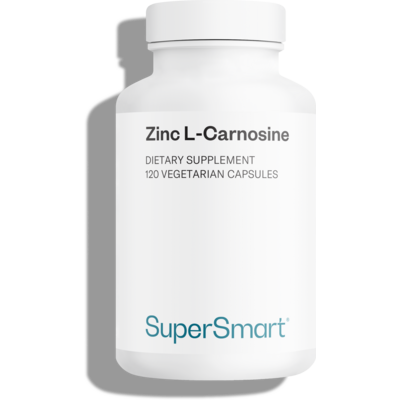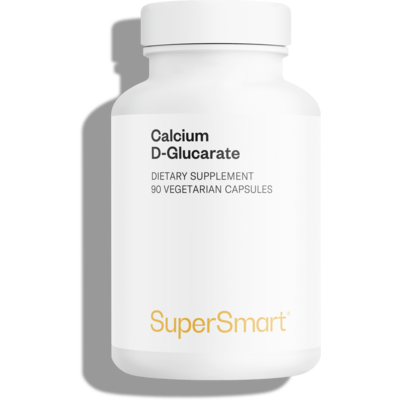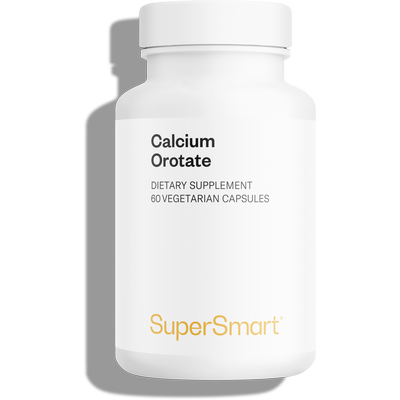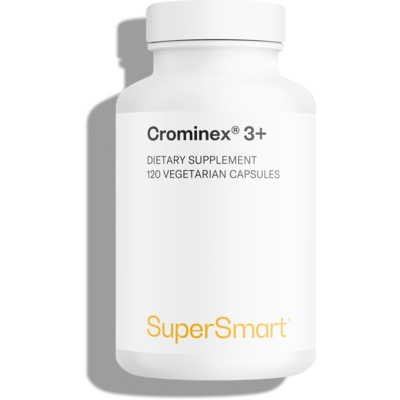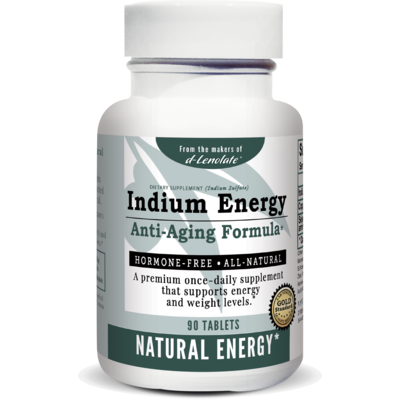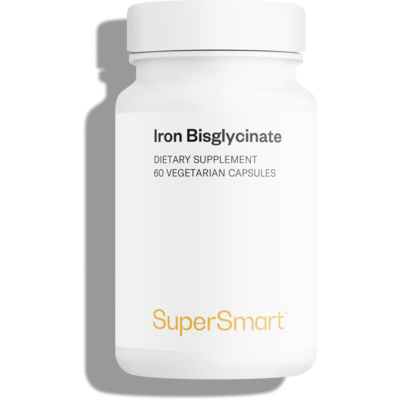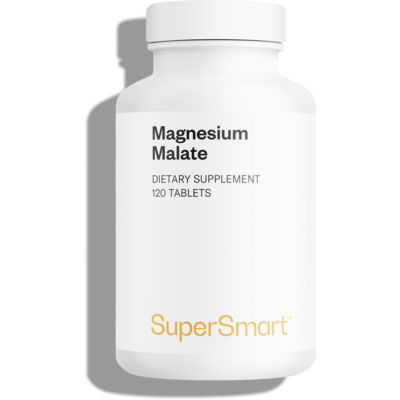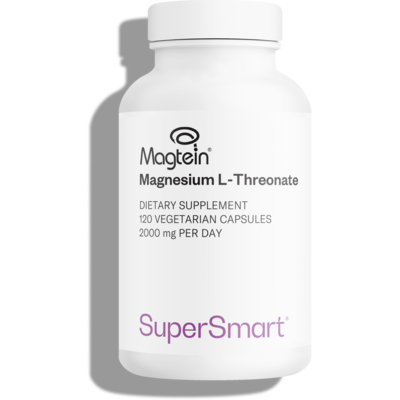Why Consider Mineral Supplements?
Modern diets do not always provide sufficient amounts of essential minerals, which may lead to nutritional gaps for many individuals.* As we age, the body's ability to absorb certain key minerals decreases, making it even more challenging to meet recommended daily intake levels.*
Studies seem to indicate that magnesium, zinc, selenium, and chromium intake is often below recommended levels, particularly in older adults.* Meanwhile, iron requirements tend to be more stable, with potentially lower recommendations for women over 50 because menstruation ceases after menopause.*
Maintaining balanced mineral intake is essential, as these nutrients may contribute to various vital functions, including immune system support (discover our immune health supplements).
While a well-balanced diet is the foundation of good nutrition, some individuals may consider mineral supplementation to help meet their daily requirements.* In addition, research suggests that optimal mineral levels might play a role in cognitive function and overall brain health.*
To explore more about essential minerals and where to find them in your diet, you can check out our guide: Where to find essential vitamins and minerals?.

